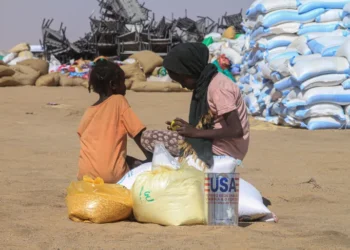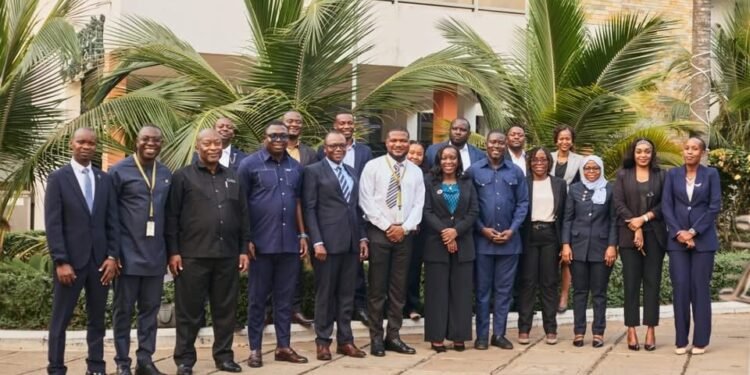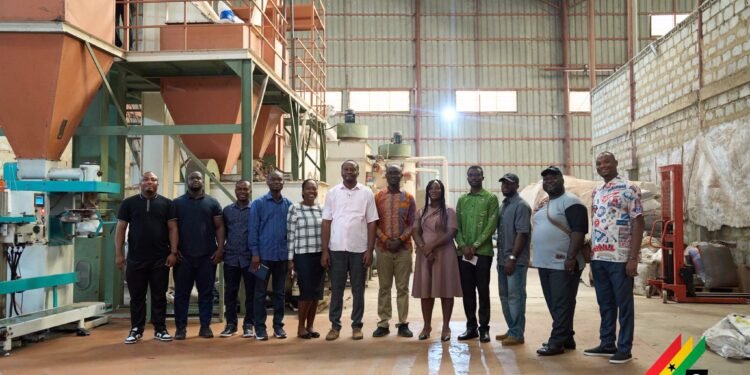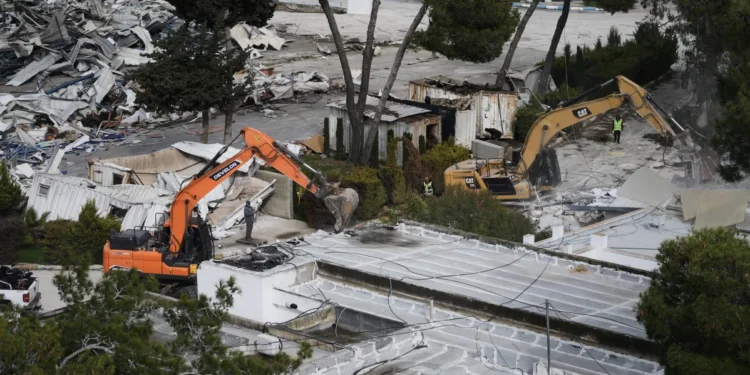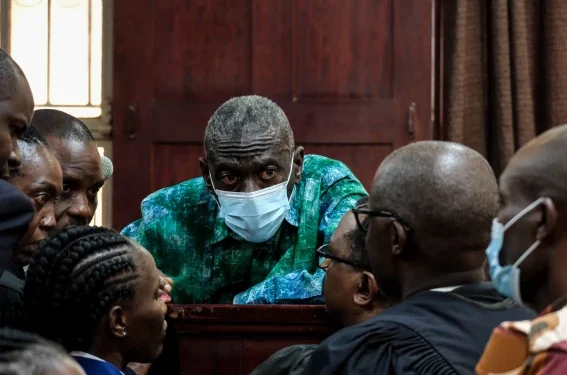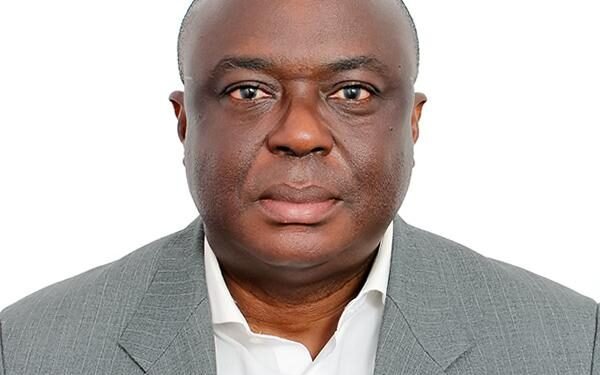Government statistics show that, Russian forces have destroyed 262 educational facilities and damaged 3,019 others, since the invasion began. However, the impact on Ukrainian children’s education goes far deeper than the destruction of the education facilities.

Families, educators, researchers, and activists claim that, for those who have emigrated to other nations, are still suffering from studying in levels, that have never been seen before. Young refugees are also experiencing educational obstacles, that have been made worse by the impacts of conflict, displacement, and difficulties of learning in a foreign country.
According to Ukrainian leaders, at risk are the knowledge and abilities of generations needed to reconstruct the country after the war, an issue that they’ve highlighted from the conflict’s. At least 500 children are said to have died in the battle, and countless more have been forcibly evacuated to Russia. Of the 8 million refugees counted in Europe, it is unknown how many would return.

Poland has the highest population of Ukrainian refugees than nation, counting at over 1.5 million. Many people chose it because of its closeness to Ukraine, and future plans to return back. Ukrainian children in Poland are not compelled to attend neighborhood schools, which is an alternative, but that is not the same in Germany, as well as other nations.
According to UNICEF, 180,000 pupils, or around half of the country’s child refugees, have enrollment in academic institutions. The majority of them arrived speaking no Polish. According to UNICEF projections, 70% of Ukrainian youngsters study the Ukrainian syllabus at camps and homes, with many of them also attending Polish schools.

With age enrollment rates, only 22% of Ukrainian teenagers in Poland attend the local schools. Jedrzej Witkowski, Head of the Polish Organization Center for Citizenship Education, described it as “a disaster in slow motion.”
According to Francesco Calcagno of the UNICEF refugee response office in Poland, the negative consequences on education and socialization would be extensive. This includes extracurricular activities.
“Come September, it will be the third school year outside of Ukraine and it will be the fourth year online for many. Learning face to face is missing. We would need to bring these children back into school, back into classrooms.”
Francesco Calcagno, UNICEF Refugee Response Member.
Calcagno said, blaming the setbacks of the covid-19 pandemic.
However, there has been a major teacher shortage in Polish schools. Additionally, language barriers have made things worse for the refugee students. Although Polish and Ukrainian speak similar languages, it takes three years to acquire the latter at the level required for academic work.
Also, for students struggling with the trauma of war and relocation, having to follow curricula in two languages adds to their stress. Since arriving in Poland, a large number of refugee families have relocated numerous times, adding to the unpredictability.

Furthermore, the impacts of the war continue to resonate back home, as students who attempt to stay up with Ukrainian coursework pass through. Polina Plokhenko, a 16-year-old who quit her Polish high school to concentrate on her education in Ukraine, has been taken classes with her Kherson-based school, via online. Her teachers frequently rush into bomb shelters, when bombs go off.
“It is hard because it is my last year of school, and I needed to learn a lot of information by myself. A lot of students who don’t have motivation like that or don’t know who they want to be, they have bigger problems.”
Polina Plokhenko, Ukrainian Student in Kherson









